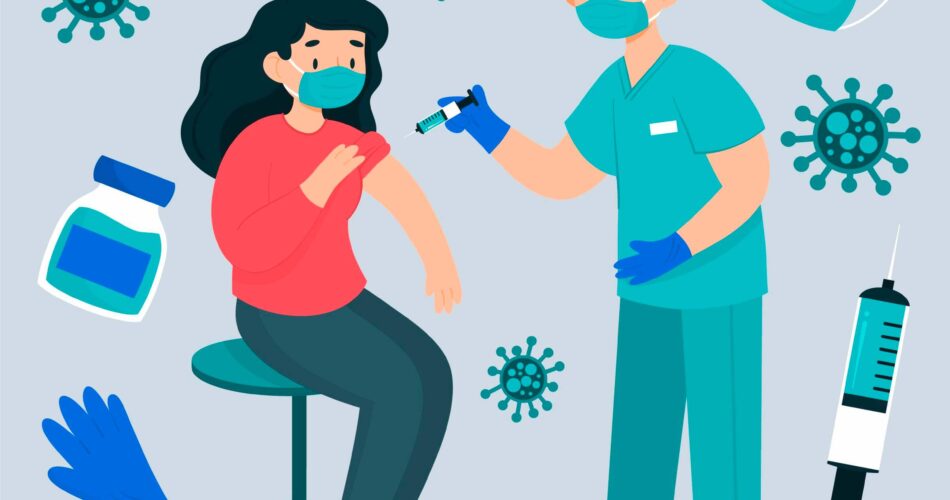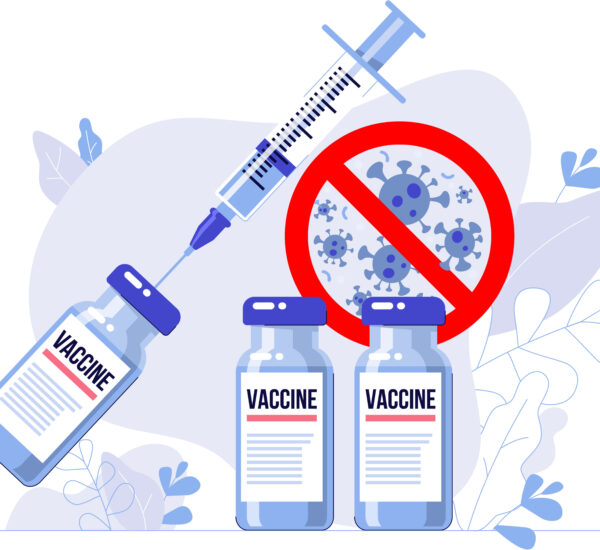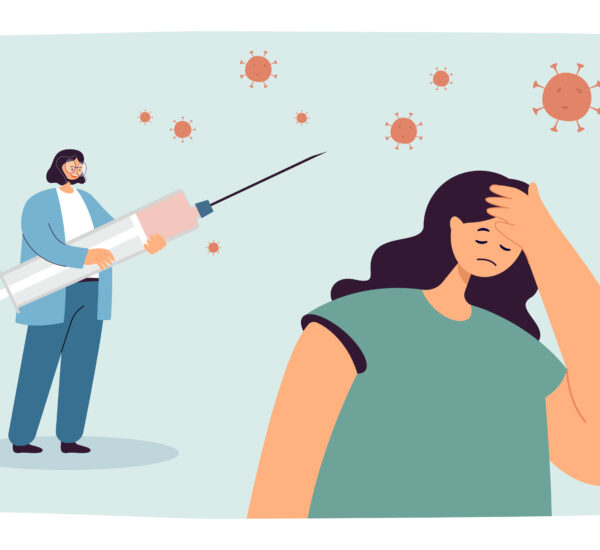Human papillomavirus (HPV) remains a significant health concern in the Philippines, especially due to its role in the occurrence of cervical cancer and other types of cancers. Since HPV doesn’t have noticeable symptoms, the HPV infection often goes unnoticed, which can lead to the mentioned health risks. That’s why it is a must to engage in HPV prevention projects, especially if there are initiatives available in the community. Doing so can help with cervical cancer prevention, and achieve long-term health across communities.
This guide aims to provide Filipinos with a comprehensive approach to HPV prevention, focusing on vaccination, safe practices, and proactive screenings. Understanding these strategies can help reduce HPV transmission and ensure protection. Let’s begin!
The Role of HPV Vaccination in Prevention
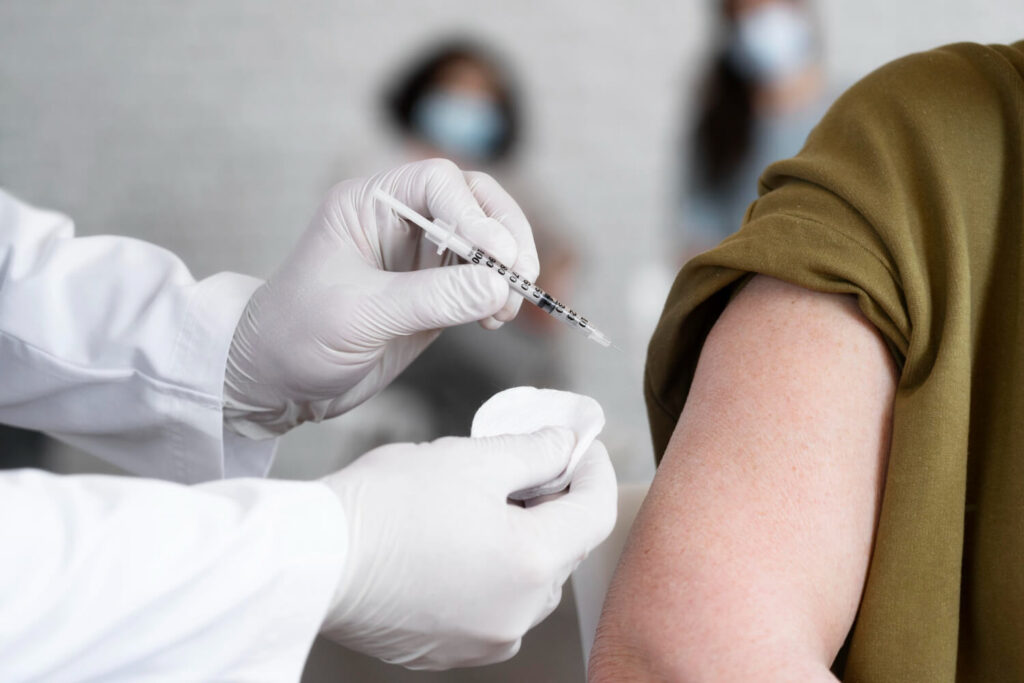
The HPV vaccine is one of the most effective tools in the fight against HPV-related cancers and conditions. It works by helping the immune system build protection against common HPV strains, achieving disease control. These types of HPV are responsible for the majority of cancers and genital warts.
To better understand the concept of HPV vaccination, let’s have a deeper dive below!
Benefits of Vaccination
As mentioned earlier, the human papillomavirus vaccine is a crucial tool for fighting against cancer threats. However, it is also the main tool to achieve HPV prevention. The HPV vaccine targets several high-risk HPV types, including strains of HPV 16 and 18, which cause about 70% of cervical cancer cases. By getting vaccinated, individuals are significantly less likely to develop these cancers.
On the other hand, the vaccine can also address the strain of HPV that’s the root cause of developing anogenital warts. In that case, we can conclude that HPV vaccination is important as it offers maximum effectiveness, creating robust immunity that lasts for years.
Availability of HPV Vaccine in the Philippines
The Department of Health (DOH) has made HPV vaccines available through various public health programs, especially in school-based vaccination initiatives for young Filipinas. Previous reports show that the DOH held a free HPV vaccine Philippines program involving Grade 4 students as the recipients. This initiative is still in effect, with several communities joining the campaign. Thus, making the vaccine more accessible due to the free HPV vaccine option.
On the contrary, purchasing the vaccine is also available, which is often offered in private hospitals and other local health centers. Patients who wish to undergo the vaccine must schedule an immunization appointment with the doctor either online or through physical consultation. With both options available, it ensures accessibility to a wider demographic.
Vaccination for Both Genders
Although HPV is often linked to women’s health, vaccinating males is also crucial in preventing HPV transmission and reducing risks associated with HPV-related cancers. One of the common reasons for contracting HPV is due to unprotected sexual activity, as well as engaging in male-to-male sex, and multiple sexual partners. Most of these interactions are common for men. Unfortunately, they can unknowingly carry and spread HPV, which means that vaccinating boys contributes to overall community health.
Cervical Cancer Screening and Early Detection

While vaccination is a preventive measure, regular cervical cancer screening is essential for early detection and treatment of HPV-related abnormalities.
Importance of Screening
Cervical cancer screenings, such as the pap test or pap smear are vital for detecting precancerous cell changes in the cervix before they progress. In that case, undergoing regular HPV tests is a must to reduce cervical cancer mortality rates significantly. It is highly recommended for sexually active people or those at higher risk.
Screening Programs in the Philippines
The DOH provides free or low-cost pap smear tests through health centers and hospitals nationwide. These programs aim to increase accessibility and encourage women, especially those in underserved areas, to prioritize their reproductive health. Screening programs like this are vital as they make cervical cancer screening more accessible. At the same time, it allows us to achieve the 2030 goal of WHO about screening for cervical cancer.
HPV DNA Testing
HPV DNA testing is another advanced screening option that directly detects the presence of the different types of HPV. For women who tested positive for any type of HPV strain, the best way to manage them is through close monitoring and medical follow-up. It can ensure HPV prevention, significantly lowering the chance of cancer development.
Safe Practices to Prevent HPV Transmission
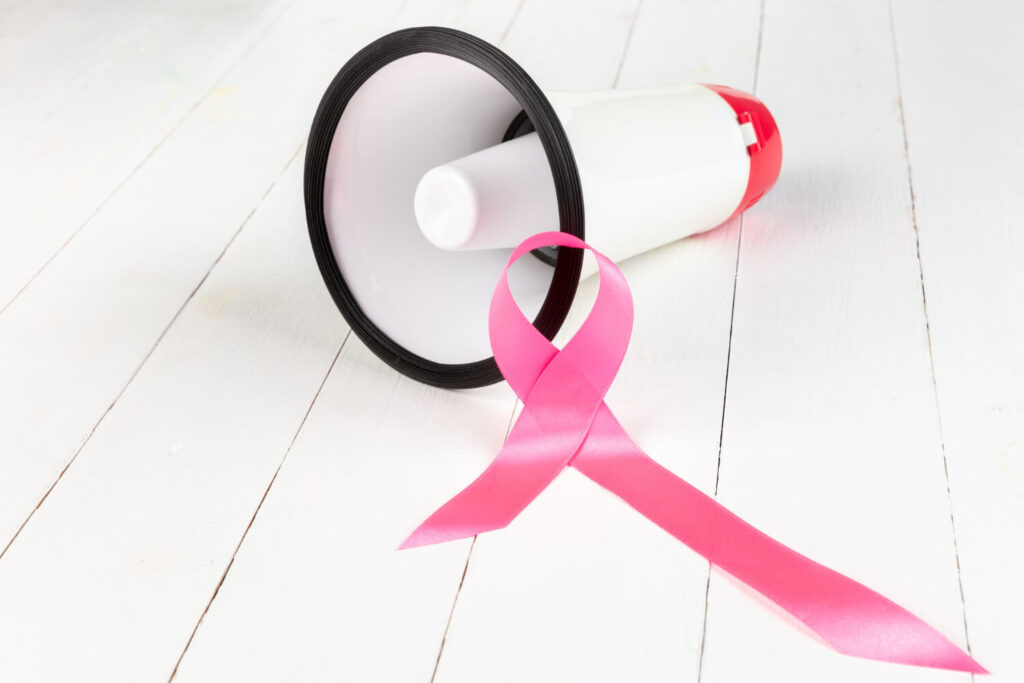
In addition to vaccination and screening, adopting certain practices can minimize the risk of contracting or spreading HPV. Let’s discuss these effective HPV prevention techniques below!
Safe Sexual Practices
As mentioned, one of the main reasons for HPV spread is primarily through sexual contact, and practicing safe sex can reduce this risk. This includes using barrier protection in the genital area such as condoms. Moreover, limiting the number of sexual partners, and fostering open conversations about sexual health with partners can make a significant difference. Awareness about safe sex doesn’t only lead to HPV prevention but also prevents other sexually transmitted infections from occurring.
Lifestyle Choices
Certain lifestyle factors, such as smoking, may increase the likelihood of HPV persistence and progression to cancer. Avoiding smoking and maintaining a balanced diet rich in fruits and vegetables can support the immune system’s ability to clear infections, including HPV.
HPV Awareness and Education
Raising awareness about HPV and its potential health consequences is critical for public health. Schools, health centers, and workplaces can promote HPV prevention through education initiatives that empower individuals to make informed health decisions.
Commonly Asked Questions About HPV Prevention in the Philippines
What is the best age for HPV vaccination?
The ideal age for HPV vaccination is between 9 and 14, as the vaccine produces the most robust immune response before exposure to the virus. However, vaccination remains beneficial for older teens and young adults.
What other types of cancers can I get from HPV infection?
In addition to cervical cancer, HPV infection can also lead to cancer in affecting body parts like vulva, vagina, penis, anus, throat, etc. While these conditions may be related to unprotected sex, other types of cancer can still occur such as oropharyngeal cancer. It is important to be aware of these risks and take preventive measures such as HPV vaccination and regular screenings.
How effective is the HPV vaccine?
When it comes to HPV prevention, FDA-approved HPV vaccines are designed to offer lifetime protection. The HPV vaccine is highly effective, especially when administered before exposure. Research shows it prevents nearly 90% of HPV-related cancers and conditions linked to the virus strains it covers.
How can I get vaccinated with the HPV vaccine?
There are different options you can try to receive the HPV vaccine and prevent the risk of cancer and other health problems associated with the condition. If you want to first confirm your HPV status, you can book an online consultation or visit a healthcare professional for a physical assessment. However, you can immediately get the vaccine as it is recommended to individuals as early as 9 years old until the age of 45.
To get the HPV vaccine PH, you can visit the following:
Free HPV Vaccine Philippines
- barangay health center
- public hospitals
Avail HPV Vaccine Philippines
- private hospitals
- local health centers
Conclusion
HPV prevention is not solely an individual responsibility; it’s a shared commitment by the government, health departments, and the people in the community. Stay involved by taking the necessary precautions such as the HPV vaccine, cervical cancer screening, and lifestyle changes. Thus, lessening the HPV cases in the Philippines.
If you are wondering about your current health, you can book an online consultation with an infectious disease doctor using NowServing!
HPV Prevention Quiz
Test your knowledge about HPV prevention and cervical cancer
